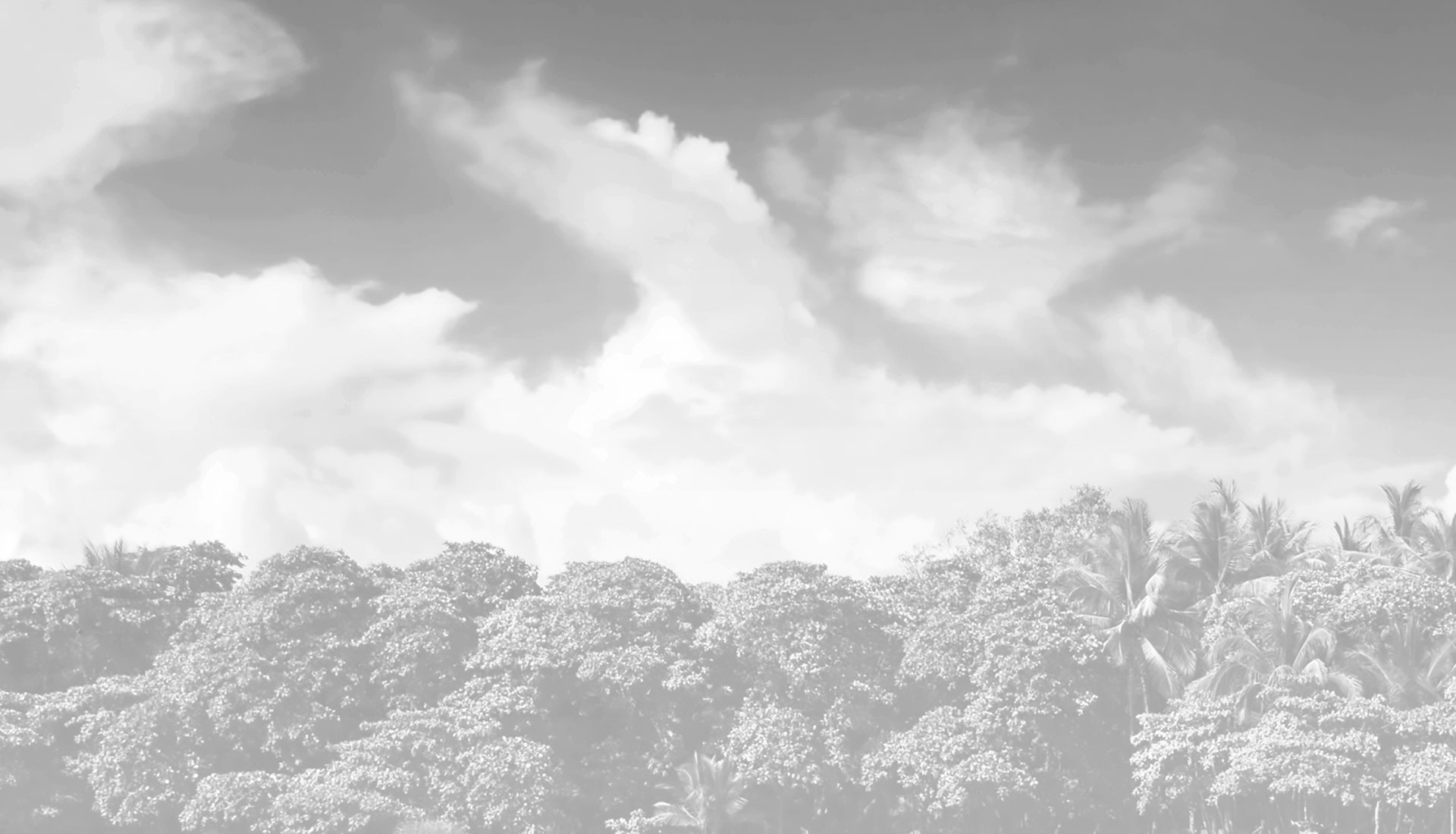
Agroforestry and Cacao: Update from First Week of Production
I’ve been largely disconnected from the internet for the past couple of weeks, which has, of course, both benefits as well as drawbacks. One of the benefits is providing some time to write, reflect, and process what’s in front of me, rather than constantly chasing what’s out there in the wider digital world. I’ve written quite a few posts in the journal in the meantime. These are some excerpts from the first week of video production out in the field in the Manu-Tambopata Corridor in Peru.
Tech Challenges Continue

Working in my field office/bedroom on cataloging and organizing our great footage from the day
Since the battery died in my Mac, all production nearly came to a halt. Besides the obvious issue of not being able to use the computer when it’s not plugged in, a number of other issues have emerged. Most frustratingly is that everything resets when I shut down… including all the subscriptions to my software, unless I’m connected to the internet, which I rarely am. This of course renders the computer a bulky chunk of aluminum with a moderate ability to store files somewhat reliably. Fortunately, the uber-basic Notes program on the Mac allows me at least to catalog footage, which is one of the most essential tasks right now, since we’re capturing on average 200 files a day of interviews, b-roll footage, and audio recordings.
My original plan of shooting, cataloging, and initiating the editing process while out in the field was more or less shattered by this deadbeat battery. As such, it will be quite a challenge to cut four videos in a short space of time.
In other news, some other broken things include the water system in the region. Apparently no one in the area has any water, for I don’t know how long. This of course translates to stinky unshowered production crew members, and regular trips to the nearby stream to get buckets of water to flush the toilet. My compadres went and bathed in the stream one day, but myself, having seen those waters, figured I would have been far dirtier from doing so.
This experience thus far has been a great teacher, forcing me to learn to adapt and work with what we’ve got!
“Así es la vida en la selva”
A quick shot of Sr Wenceslau cracking open a cacao pod to show us where chocolate comes from.
(Such is life in the jungle).
I’ve spent a good part of the past week working with a gentleman by the name of Wenceslau Vicaña Laso, who originally comes from the Andes region of Peru, but has lived the majority of his life as a farmer in the jungle, since he was about 12 or 14 years old. Señor Wenceslau is the protagonist of our agroforestry video story, as he has for the past five years participated in ACCA’s agroforestry initiative, with their support planting rows of cacao beneath the shade of other crops he cultivates, such as bananas, papaya, yuca, and a number of other Amazonian crops I’d never heard of.
He and his family make a subsistence living, barely selling enough crops to meet their expenses. They grow several hectares of bananas, but with low prices in the marketplace, they more or less break even after covering the expenses of transporting to the nearby city of Puerto Maldonado. Armed only with a machete, they work for one week to clear a hectare of weeds, but within three weeks it looks once again as if they’ve done nothing.
The dirt path leading to the field from their house is nearly impassable even in the dry season; during the rainy season, they either must carry each 30+ pound bundle slung over their shoulders two at a time, all day, or leave the crops in the field to rot. Without any form of power tools of their own except a motor bike, the work is grueling, time consuming, and unprofitable. Without any excess profits, it’s next to impossible to invest in those power tools that would save them hours and days of back-breaking work each month.
Despite the power lines running directly over their driveway, they have no electricity in their home. The local infrastructure has excluded them, along with numerous other families, from benefiting from those power lines. As such, their only source of power is a small solar panel that looks more like a toy, providing just enough power to charge a phone and run a single dim lightbulb.
Yet with these daily hardships, they feed themselves, along with countless others living in the semi-distant city.
How can such an important task be so undervalued, and a reasonable amount of agricultural production be so unprofitable? Essentially, without some form of government or other form of outside support, escaping from this poverty trap seems nearly impossible.
But then, even considering their extreme struggle to eke out a living, they’re extraordinarily kind, generous, and about as happy as one might be. I feel blessed to have had the opportunity to spend those days with them, and sincerely hope these videos can generate some kind of support to help boost them to a higher standard of living. If ever there have been some folks deserving of a break, it’s this family.
Translating Spanish to Spanish

In addition to operating the audio equipment and translating Spanish to Spanish, my man B also drives me around on his moto to meet our protagonists
My assistant, Bladimir (who is fully and completely Peruvian, not in the least bit Russian), has been absolutely essential in many ways. In addition to very quickly learning to manage the audio equipment and capturing recordings, he’s also served a crucial role in translating cultural and language issues for me. Despite not speaking a lick of English, he’s been able to decipher some very specific phrases and manners of speaking into a form of Spanish I can understand.
So far, all of our video protagonists, folks who have lived out in the countryside or the jungle most of their lives, have been close to unintelligible for me at times. Like I can grab perhaps 40% of what they’re saying, on a good day.
Without his help I would definitely have missed a large portion of many key phrases and quotations in the interviews with Sr Wenceslau as well as Sr Nemesio from the fish farm – and we have plenty more interviews to go.




